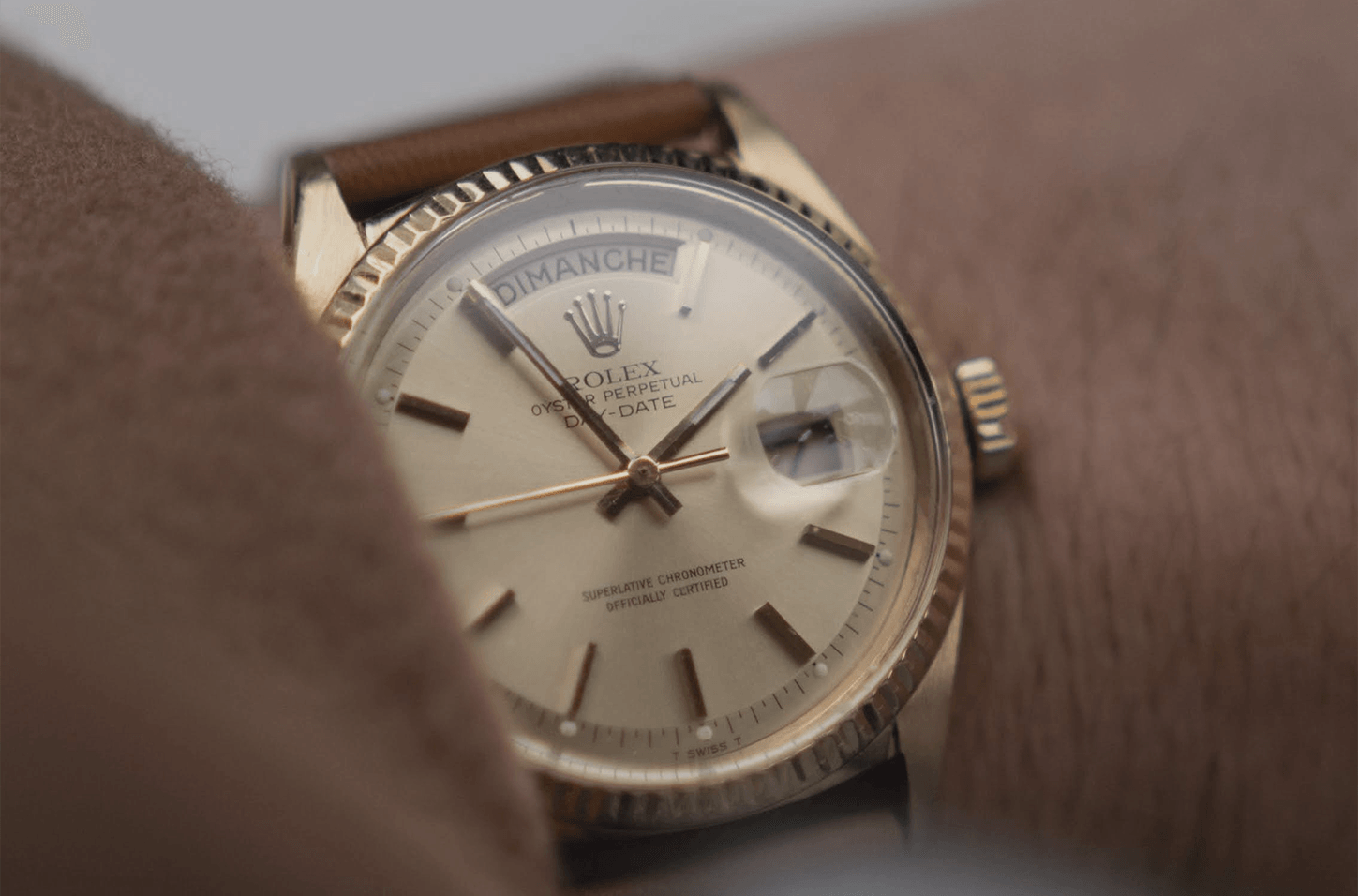
Bands
The biggest Swiss watchmaker in existence, Rolex is uniquely structured as a charity. Turning over US$5b annually, we look into the counterintuitive pricing strategy of the century-old status symbol.
While there may be more expensive or fancier Swiss watches on the market, no company sells more timepieces than Rolex. With 25% market share, and more revenue than Airbnb, Ferrari or Nio (US$5b), you’d think they’d be the cornerstone of a blue-chip stock portfolio. In fact, Rolex is a charity.
On his passing, founder of Rolex, Hans Wilsdorf passed all shares into the Wilsdorf Foundation; a philanthropic foundation, never to be open to private business interests again. The foundation, while incredibly secretive, is said to donate up to half a billion dollars annually. That’s a significant portion of the speculated US$1b in profit they generate annually; mostly to arts and education. There are just eight board members who make all decisions.
Over the last decade, demand for Rolex timepieces has skyrocketed. Long waitlists exist for new watches or a huge premium must be paid in the secondary market. Take the Submariner, their base model watch. Brand new, a standard model retails for roughly US$8,000 and buyers are placed on a multi-year waitlist. Resellers currently list the same models for US$15,000 and upwards for those seeking instant access.
This is not unique to Rolex. Sneakers and concert tickets fit into the same strange economic category where the secondary market is priced higher than the primary. Why don’t such companies just raise their prices if the demand exists? Part of it is access. A lot of companies like Jordan or bands or teams want a wider array of people to enjoy their brands, not just the richest. Does this really matter for a watch company selling 5-figure metal bands?
Well, scarcity is incredibly important to the Rolex business model. A waitlist is just as much a marketing tool as it is a practical and necessary supply buffer. Owning a Rolex isn’t just about how much money you have, it’s also about who you know and how you got it. While the company could raise prices, they’d risk losing the exclusivity which has driven the brand to dominance. After all, Hans Wilsdorf himself said “only great marketing is needed to make a company successful”. The fact that “Rolex” has no meaning is a testament to that.